Orlando Jacinto García: Music for Chorus and Orchestra
Born in Havana in 1954, the Miami-based Orlando Jacinto García studied with Morton Feldman and has inherited some of Feldman's concerns: his music likewise evolves gradually over slow-moving spans of time, unfolding like the leaves of a plant, generating colours as with the gentle turning of a kaleidoscope. The elegiac Auschwitz (they will never be forgotten), a meditation for chorus and orchestra, captures something of the infinite sorrow evoked by the memory of such institutionalised cruelty. Varadero Memories is an abstract recollection of a Cuban beach where as a child he spent time with his grandparents. And the hypnotic In Memoriam Earle Brown pays elegant, understated tribute to a seminal figure in American modernism.
Florida International University Concert Choir, choir
Mark Aliapoulios, conductor
Málaga Philharmonic Orchestra, orchestra
José Serebrier, conductor
Listen To This Recording:
- Auschwitz (they shall never be forgotten) (1994)
- Varadero Memories (1988)
- In Memoriam Earle Brown (2011)
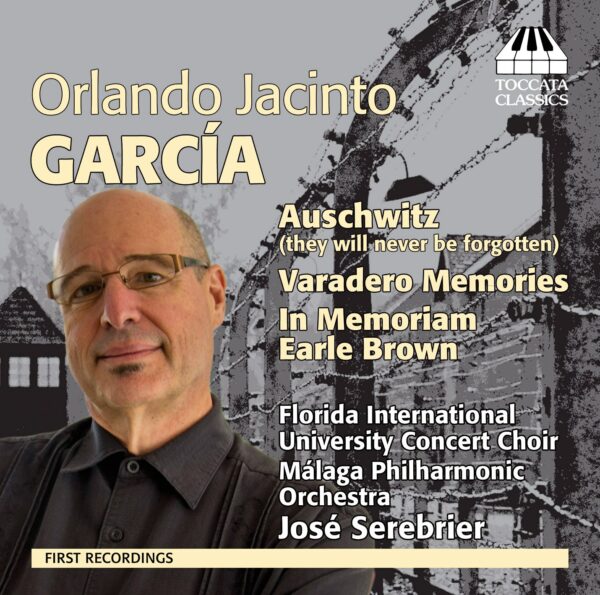
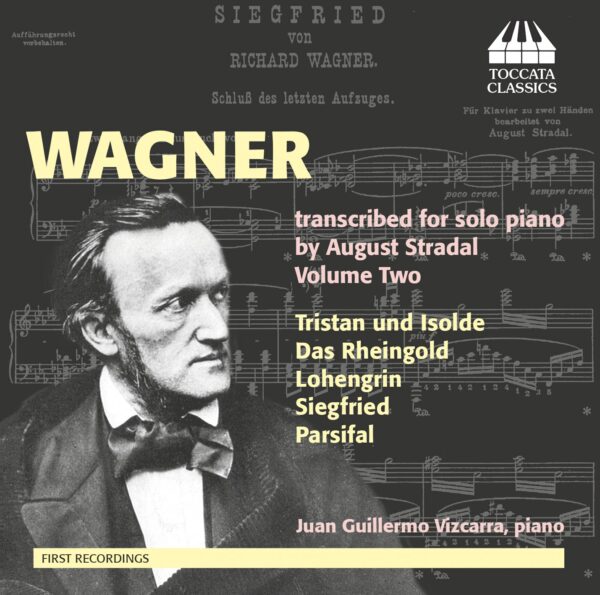
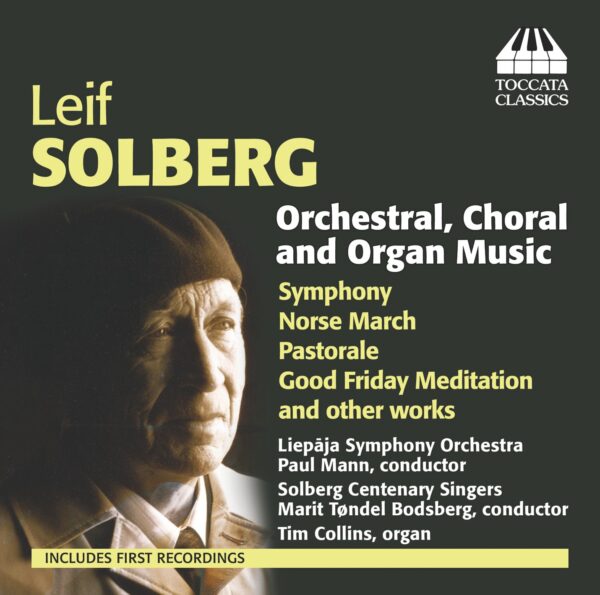
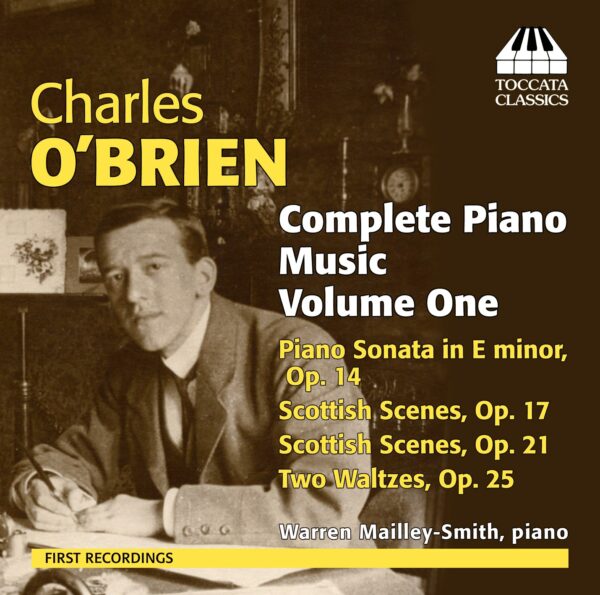
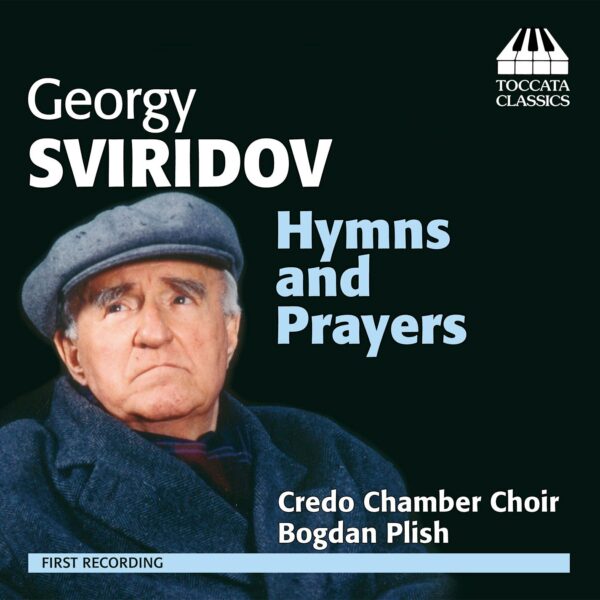
Gramophone :
‘…In many ways, though, it’s the most recent work, In memoriam Earle Brown from 2011, that serves up the most enduring rewards in the way that it eschews musical logic by focusing instead on timbre, texture, sonority and chance, all filtered through a (to my ears, at any rate) unmistakably bluesy harmonic sensibility. This is a touching memorial to the modernist American composer who was García’s close friend and colleague. The performances under José Serebrier’s lead have both enviable concentration and commitment in their favour. Decent sound and excellent presentation, too.’
—Andrew Achenbach, Gramophone
Jonathan Woolf :
‘… Varadero Memories is the earliest, programmed centrally, an ‘abstract recollection’ of the Cuban beach town where the composer holidayed with his family as a boy. Rising oscillating phrases offer plenty of active rhythmic figures but also, and crucially, a sense of contemplative space, the quietude of which sets into relief the earlier seascape-seeming musical motor. There are some intriguing sonorous and colourful wind flecks, and also a hint, real or imagined, of Bergian angst toward the end. Auschwitz (nunca se olvidarán) followed in 1994, its subtitle meaning, in English, ‘they will never be forgotten’. This is a meditation for chorus and orchestra though the tone clusters with which it opens – and which recur – are explicitly non-violent in their impact, and point to the work’s often internalised landscape… The final work is a more directly personalised memorial given that it’s called In Memoriam Earle Brown, the composer and close associate of Morton Feldman, as well as of Garcia. The latter even goes so far as to employ some of Brown’s own techniques in this homage. With its colouristic intensity and its ‘ad lib’ responsibilities devolved to the conductor – he can, at points, sequence music in any order he chooses – it’s music the generates its own texture rather more than following the dictates of architecture. In a well-judged recording, José Serebrier is the conductor entrusted with those ad libitum responsibilities, which he discharges with powerful authority. Throughout the programme he directs the choral and orchestral forces with discipline and musical sympathy and understanding.’
—Jonathan Woolf, MusicWeb International
Fanfare Magazine :
‘Cuban composer Orlando Jacinto Garcia’s orchestral music is replete with shifting masses of sound, often layered, just as often presented serially, and even more often repeated. They are also lexicons of timbral and harmonic diversity. There is often a propensity for space and pause, each sonic block or gesture existing in an amniotic fluid of silence from which it emerges and then returns.’
—Marc Medwin, Fanfare Magazine
Matt Sullivan :
Absolutely beautiful!
Records International :
‘These pieces display a consistently original sonic imagination’
—Records International